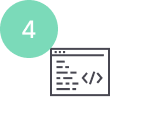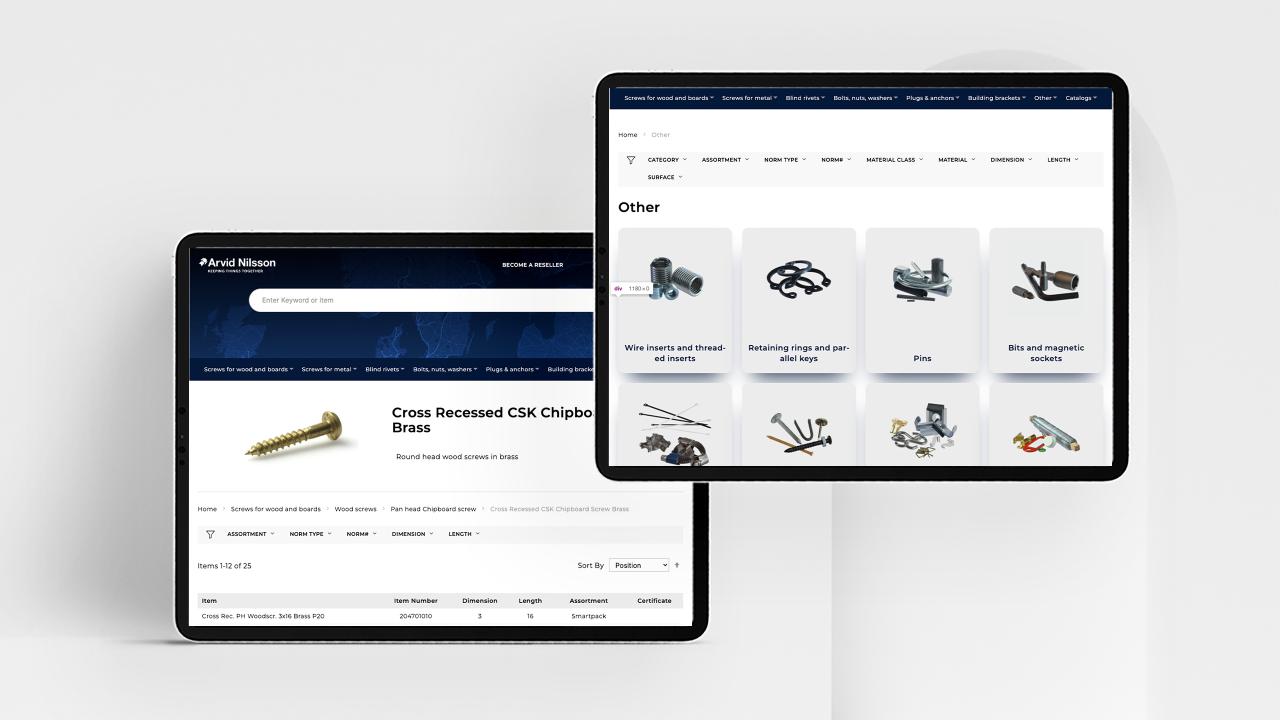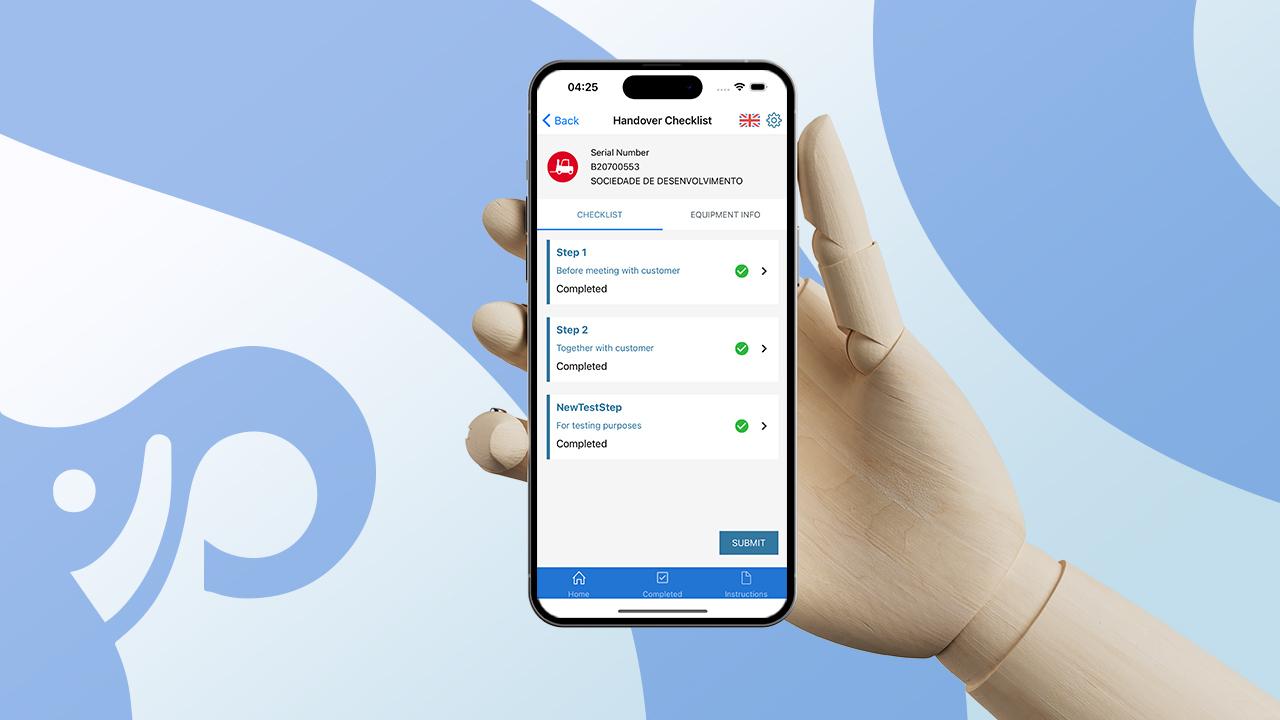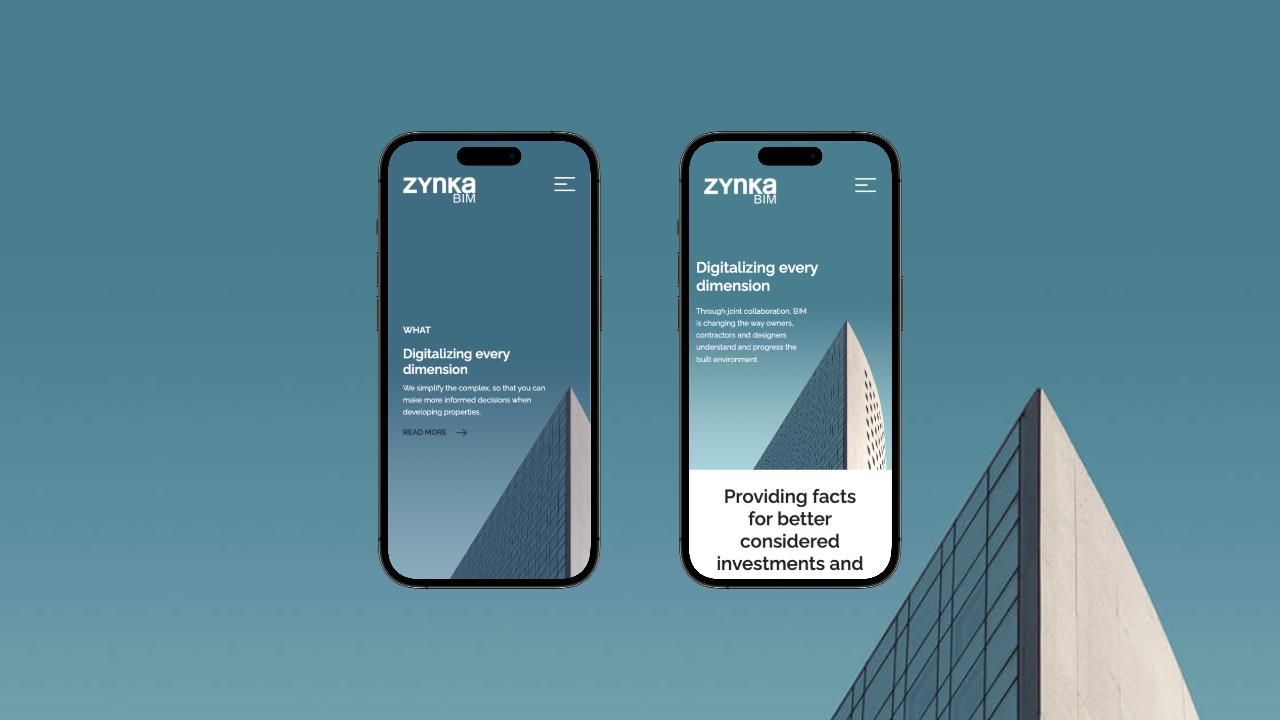Magento development services
We transform ecommerce through custom Magento solutions. Our certified developers build scalable online stores that drive revenue. Connect with our team and start your project in 2 weeks.
Trusted by startups and enterprises:
OUR SERVICES
Scale your ecommerce without technical barriers
Need Magento expertise? We understand finding qualified developers is tough. Our certified Magento specialists have helped companies like Arvid Nilsson and Hidroxa grow their online presence. Whether you need to augment your team or build a complete solution, we deliver.
Here's how we help:
Custom Magento development
We build Magento stores that solve real business challenges. Take Arvid Nilsson - we migrated their platform from Magento 1 to Magento 2, created 20+ custom APIs, and integrated Azure for faster indexing. What used to take days now takes 2 minutes. Their sales team saves hours with improved search and self-service features.
Performance optimization
Slow sites kill conversions. We fixed this for Hidroxa by implementing Progressive Web App (PWA) technology. The result? A 33% revenue increase and 17% more users. Our certified Magento developers optimize every aspect - from database queries to frontend load times.
Integration and automation
Manual processes waste time and create errors. For Arvid Nilsson, we automated their entire product catalog management. The system now handles live stock updates, shipping calculations, and SAP/ERP integrations automatically. Their team focuses on growth instead of data entry.
BENEFITS
Why choose ZenDev for Magento development?
MORE THAN CODE
Let us handle your Magento project
Your Magento certified experts don't just write code - they become part of your team. They understand ecommerce and help create stores that actually drive sales.
Take Greenfee365's success story: Our team optimized their platform and integrated custom payment solutions. The result? A 121% increase in order values and 63% more bookings year-over-year.
For Hidroxa, we built a complete ecommerce solution with PWA technology. Beyond the 33% revenue growth, we also manage their digital marketing, resulting in viral TikTok and Instagram campaigns reaching millions.
Ready to transform your ecommerce business?
Let's talk about how our Magento expertise can help you grow.

TECHNOLOGIES WE USE
The Magento tech stack we used in previous work
Platforms
- Adobe Commerce (Magento 2): The enterprise version of Magento, offering additional features like B2B functionality, advanced analytics, and scalability.
- Magento Open Source (Magento 2): The community-driven version, suitable for small to medium-sized businesses with extensive customization options.
- Magento 1 (Legacy): Older Magento version; no longer officially supported but still in use by some businesses.
Languages
- PHP 8.x: Core language for Magento, leveraging object-oriented and functional programming paradigms.
- JavaScript: Used in front-end customization and extensions, including Vanilla JS, Knockout.js, and jQuery.
- HTML5 & CSS3: For structuring and styling templates and themes.
- XML: Used for layout configuration, module declarations, and customization.
Development essentials
- Composer: Dependency manager for installing Magento, extensions, and libraries.
- Magento CLI: Command-line tool for tasks such as cache management, module enabling/disabling, and reindexing.
- Developer Mode: For debugging and development purposes.
- Production Mode: Optimized for live environments.
- Default Mode: Balances development and production configurations.
Design patterns and principles
- MVC Architecture: Magento’s architecture is based on the Model-View-Controller design pattern.
- Dependency Injection (DI): Facilitates injecting services into classes for better modularity and testing.
- Event-Observer Pattern: Customizing functionality using Magento events and observers.
- Service Contracts: Using Data Transfer Objects (DTOs) and interfaces for API communication between modules.
Back-end development
- Modules: Custom code that adds or alters Magento's default functionality.
- Plugin (Interceptor): Used to modify or extend core behavior without overriding classes.
- Observers: Listens for events triggered in Magento and executes custom logic.
- REST: Commonly used for integration with third-party systems.
- GraphQL: Advanced query language introduced in Magento 2.3 for optimized API calls.
- SOAP: Legacy API for enterprise integrations.
- Magento Cron Jobs: Automates tasks like email dispatch or reindexing.
- Database Schema: Customizing database tables via schema and data patches.
Front-end development
- Knockout.js: MVVM framework used for implementing dynamic UI components.
- RequireJS: JavaScript module loader for dependency management.
- Less/Sass: Preprocessors for managing stylesheets.
- Luma Theme: Default Magento theme for starting customization.
- Blank Theme: Minimalist theme used as a foundation for custom themes.
- Layout XML: Defines the structure of pages and components.
- PHTML Templates: Used for rendering HTML content in Magento themes.
Database management
- MySQL/MariaDB: Default relational database for Magento, optimized for handling eCommerce data.
- Query Execution: Custom SQL queries and optimizations for performance tuning.
- Indexing: Ensures fast data retrieval by creating and updating database indexes.
Performance optimization
- Full Page Cache (FPC): Improves site load times by caching entire pages.
- Redis: Distributed cache store for sessions and cache management.
- Varnish: High-performance HTTP accelerator for caching pages.
- Elasticsearch: Default search engine for Magento 2.4+ for full-text and faceted search.
- Solr: Previously supported search engine for earlier Magento versions.
- Code Profiling: Tools like Blackfire and New Relic for monitoring and optimizing performance.
- Image Optimization: Using tools like TinyPNG or built-in methods to reduce image size.
Security
- Two-Factor Authentication (2FA): Adds a second layer of security for admin users.
- CAPTCHA: Prevents automated bots from accessing login pages.
- Encryption: Used for sensitive data like credit card information.
- Patches and Updates: Regular application of Magento security patches to protect against vulnerabilities.
Unit testing
- PHPUnit: Standard framework for back-end unit testing.
- Integration Testing: Verifies interaction between modules and services.
- Magento Functional Testing Framework (MFTF): Automates testing of user flows and functionality.
- Performance Testing: Tools like JMeter and K6 for load and stress testing.
- Browser Testing: Tools like Selenium or Cypress for end-to-end testing of front-end functionality.
DevOps and CI/CD
- Version Control: Git for managing codebases and collaboration.
- CI/CD Tools: Jenkins, GitHub Actions, or Bitbucket Pipelines for automating deployments.
- Containerization: Docker for creating isolated development environments.
- Kubernetes: Orchestrating containers in production environments.
- Terraform: Infrastructure as code for managing cloud resources.
Third-Party integrations
- Payment Gateways: PayPal, Stripe, Braintree, or Adyen.
- Shipping Providers: FedEx, UPS, DHL, or local couriers.
- Analytics: Google Analytics, Adobe Analytics, or Hotjar for tracking performance and user behavior.
- Email Services: Mailchimp, Klaviyo, or SendGrid for email marketing and transactional emails.
Extensions
- Amasty: Extensions for SEO, marketing, and usability.
- Mageplaza: Extensions for shipping, checkout, and customer support.
- Aheadworks: Modules for advanced marketing, reporting, and user experience.
- Mirasvit: Extensions for speed optimization and reporting.
Magento cloud
- Magento Cloud Infrastructure: Adobe-hosted platform offering automated scaling, patching, and monitoring.
- Cloud Configuration: Managing .env files for Magento Cloud environments.
Monitoring & debugging
- Magento Developer Toolbar: Helps debug layout, blocks, and templates.
- Xdebug: PHP extension for debugging and profiling Magento applications.
- New Relic: Performance monitoring for server-side operations.
- Elastic APM: Tracking application performance metrics.
Learning resources
- Magento DevDocs: Official documentation for Magento development.
- Magento Forums: Community discussions and solutions.
- Magento U: Official Magento training programs.
- Stack Overflow: Solving specific development issues.
WORK MODELS
Tailored solutions for every Magento project
PROCESS
Here is how we work together
-

Discovery
We begin with a discovery call to understand your goals, team structure, and project details, tailoring our approach to your needs.
-

Team assembly
We select top PHP developers to augment your team, build a dedicated team, or manage the entire project from start to finish.
-

Onboarding
Our developers seamlessly integrate with your team for collaboration, or we take full ownership to lead the project independently.
-

Project kickoff
Once the project begins, we provide full oversight and regular updates to ensure alignment with your objectives.
TRANSPARENT PRICING, ENSURED SATISFACTION
Across all project types, we guarantee the utmost value for your investment
Dedicated
Junior Developer
From EUR 35/hour
2 Years of experience
Cost-effective talent
A great choice for budget-conscious projects that need quality support without the high cost.
Fresh perspective
Junior developers bring energy and new ideas, eager to tackle challenges and grow with your project.
Reliable support for routine tasks
Perfect for handling essential tasks, allowing your project to progress steadily.
Premium
Dedicated
Senior Developer
From EUR 55/hour
5+ Years of experience
Expertise for high-stakes projects
Ideal for complex projects needing advanced skills, strategic thinking, and a proactive approach.
Efficient and strategic solutions
Senior developers bring deep technical knowledge, ensuring efficient, high-quality solutions.
Seasoned stability
Rely on a developer with a strong track record to provide stability and guide the project through challenges.
Dedicated
Mid-Level Developer
From EUR 45/hour
3 - 5 Years of experience
Balanced expertise and value
Perfect for projects that need both experience and cost-efficiency.
Adaptability and problem-solving
Mid-level developers are skilled at tackling complex issues while quickly adapting to your project’s needs.
Consistent workflow
Achieve consistent progress with a skilled developer who ensures smooth operations.
OUR LEADERSHIP TEAM
With over 50 years of combined experience, we have a well-experienced team leading the way. Interested in collaborating? Don’t hesitate to reach out!



FAQ
Can I hire Magento developers of my choice?
Absolutely! At ZenDev, we understand the importance of having the right team for your project. After thoroughly assessing your project requirements, we assign experienced and skilled Magento developers. If you prefer a more hands-on approach, you can schedule interviews with our dedicated Magento developers to select the ones that best fit your needs and preferences.
How will you keep all the information between us? Do you sign an NDA?
Yes, we take confidentiality very seriously. When you hire Magento developers from ZenDev, we sign all necessary legal documents, including a Non-Disclosure Agreement (NDA). This ensures that your information and data are fully protected throughout our collaboration.
CLIENTS ABOUT US
Achieving 33% revenue growth with e-commerce scalling
CLIENTS ABOUT US
From days to minutes: ZenDev’s impact on our e-commerce efficiency
CLIENTS ABOUT US
From missing insights on machine delivery to all data in one app
CLIENTS ABOUT US
We built an MVP for a therapy app that raised €2.6m in seed funding
CLIENTS ABOUT US
Optimization of our MRI Clinic website increased organic and paid conversions
CLIENTS ABOUT US
Turning outdated renders into innovative facility management platform
From the first moment on, ZenDev has taken a big responsibility always to ensure quality in our collaboration.They created a dedicated team that acted as our IT department for Go Care and had our website as their only focus.

Fanny Falkenberg
Founder and co-owner of Go Care
Fanny Falkenberg



























